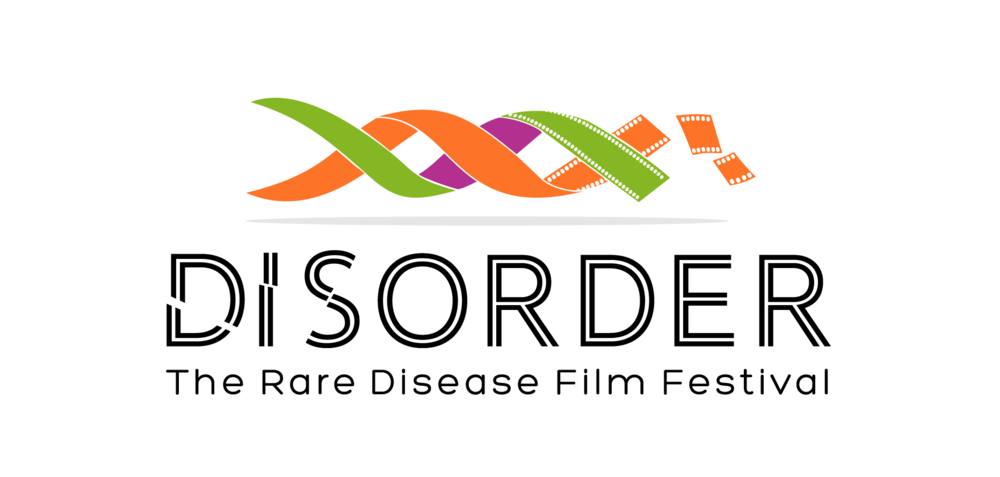I put my son Lucas out there in the world as a (sometimes literal) poster-child for the disease he faces: Menkes Syndrome. He's pretty well suited to it since he's smiley and laughy most hours on most days. His bright sparkling eyes and wide smile are easy to capture on camera and lend themselves to engaging photos and videos to accompany awareness efforts.
That's him top right on the FaceBook page cover photo for Rare Disease on The Mighty
I know for so many who are new to a dire diagnosis it's a huge relief and comfort to find others in their disease community and learn that lives with joy are still possible even if they will be shorter and more painful. I hope Lucas is sometimes the example that re-shapes expectations of families reading the tragic black and white prognosis for Menkes Disease: a lifespan of 3-10 years facing a debilitating, degenerative disorder.
But I'm also thinking about those families with Menkes or other diseases, whose children aren't smiling much or at all. Several fellow Menkes parents have told me the age at which their smiling boy lost the ability to grin – sometimes age 2 or even 1. For them, am I adding any sorrow when I show them Lucas's smile? Is it a weird brag? Is it a dishonest impression since it's a partial one?
I hear from friends and family all the time that “Lucas is so happy all the time”. True? No, only nearly true. I will admit he is happier more of the time than anyone I know. He may spend 60-75% of his day visibly happy, 5% unhappy and the remainder neutral. Wouldn't we all wish that level of happiness for ourselves and our loved ones?
One of the earliest lessons I learned on my rare disease journey is how pointless it is to compare. To compare your child with those in typical health of course is folly. But even to compare your child with others with the same disease doesn't work. Mutations differ. Outcomes differ. Yet we're human so we often make comparisons anyway.
Lucas, and more precisely my portrayals of him, could amount to something I've begun to call Happy Face Advocacy. I don't mean that the happy face is false or a facade, but it is an incomplete portrait. It's a moment in time, perhaps representative perhaps not quite. Do I do a disservice if all or too much of the portrayal is the good stuff?
Here’s an unhappy moment.
On the global level, part of the advocacy mission should be to foster a greater acceptance and understanding of those with differences and not just the pleasant differences. Advocacy like art needs to reveal the truth. Is omitting the bad days, truthful? Some of this could be the FaceBook effect. Most people favor presenting their best selves on social media. And it can seem in bad taste to offer depictions that might appear designed to illicit pity. In avoiding pity do we miss the best chances for sympathy and empathy too?
On a more directly personal level, does showing Lucas as (almost) always happy work against our own family's needs? Friends and neighbors can be forgiven for assuming all is well in our house based on the public presentation of our boy. And then we find ourselves wondering why people near to us don't know how difficult things can be day to day.
I'm an admirer of the photographs of Dorthea Lange from the 1930s. No one would argue she tried to put a happy face on her subjects. They feel definitely real, warts and all. Even so I try to remind myself that the people in those photos, no matter how much of their struggle gets captured in her lens, at that moment when the shutter closed, were likely having one of their better moments. The brief moment they could pause from their daily grind to sit for a photographer, a welcome novelty and distraction perhaps.
So the answer to Happy Face Advocacy is not as simple as switching to Sad Face Advocacy or a warts and all approach. I think the answer lies in an honest mix of depictions of the good and the bad and more is better. That's one of the reasons we started Disorder: The Rare Disease Film Festival, to get that mix from across the range of rare diseases.
We were so proud to have paintings of children with rare disorders at our 2017 film festival thanks to Beyond the Diagnosis. We never gave a thought to which rare diseases might be represented or whether the depiction might look flattering or disturbing. The broad spectrum of rare disease experience is what our event is all about. We hope our selections of films do that too. Some feel more optimistic others get darker with revealing depictions of the struggles for patients and families.
Recently a scheduled Beyond the Diagnosis exhibit ran into problems because in the view of the hosting facility one of the painting's portrayal of a rare disease child might be “distressing” to viewers. Admirably the organizers of Beyond the Diagnosis took a stance of show all of the paintings or none of them. This is a powerful example of the slogan “alone we are rare, together we are powerful”.
Perhaps all of the above just amounts to this: we need to share the bad with the good.

